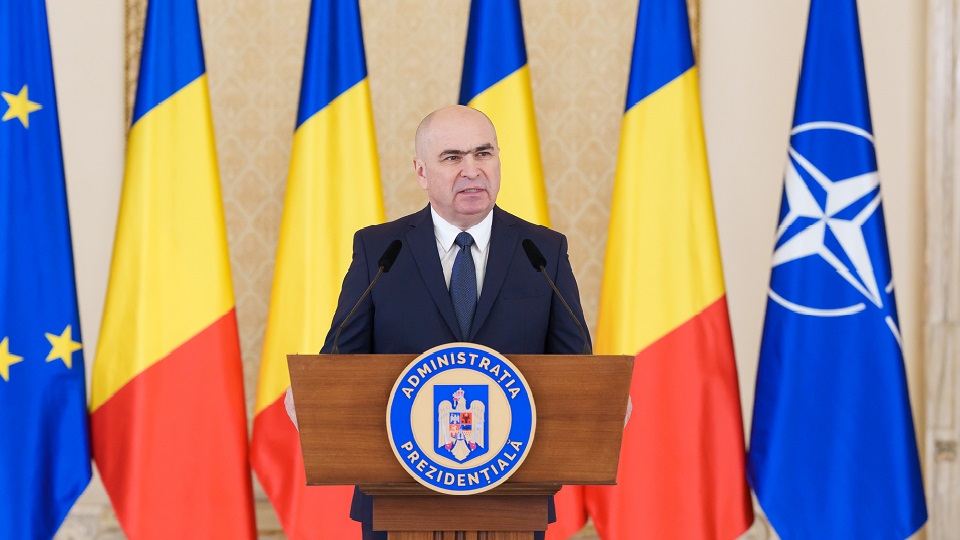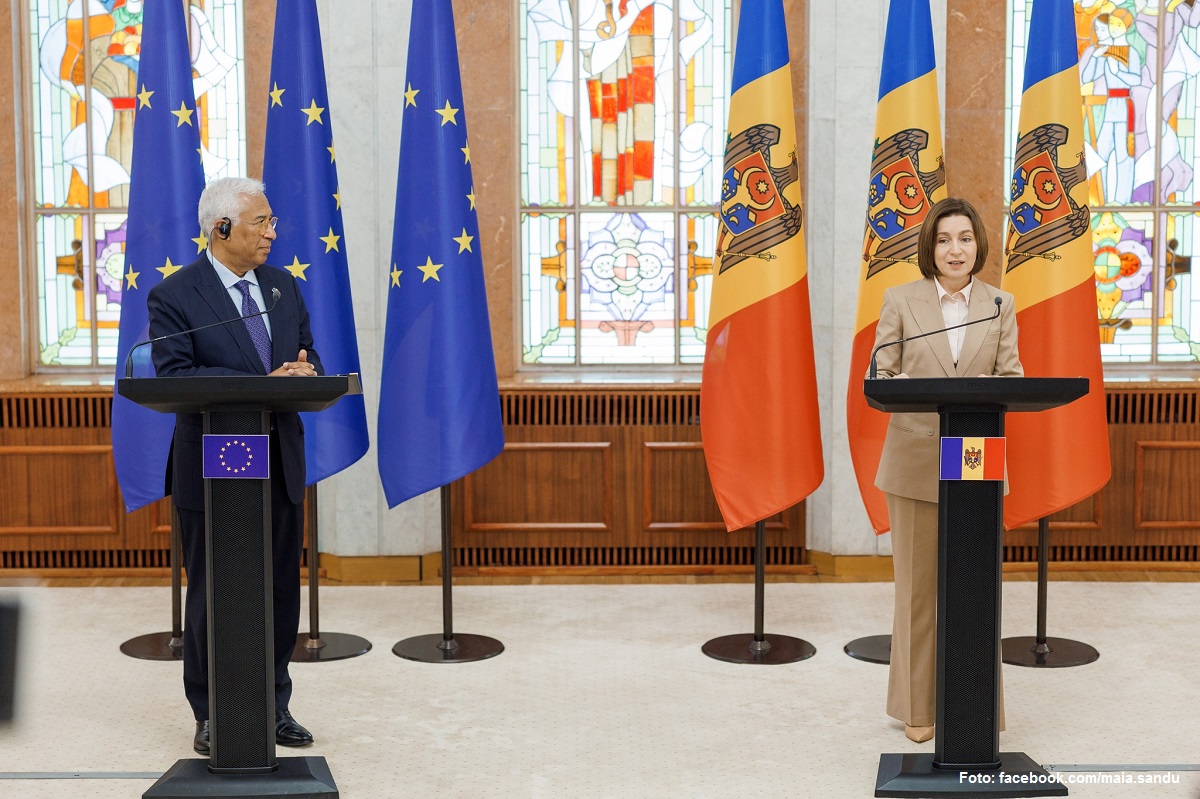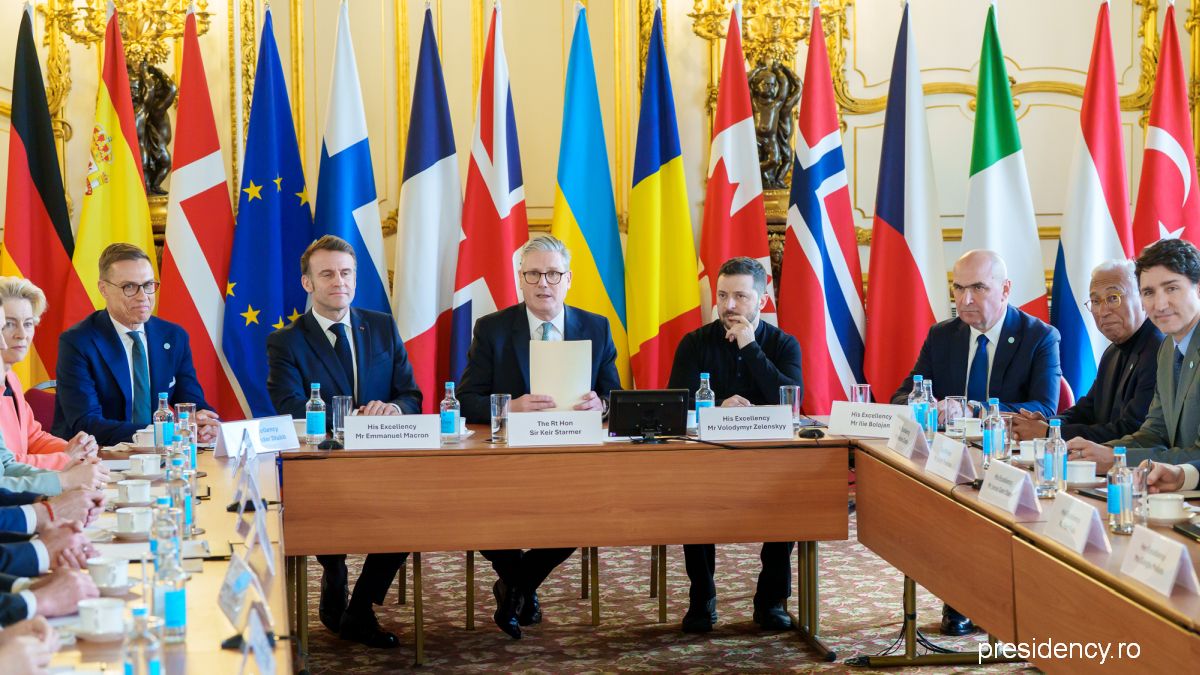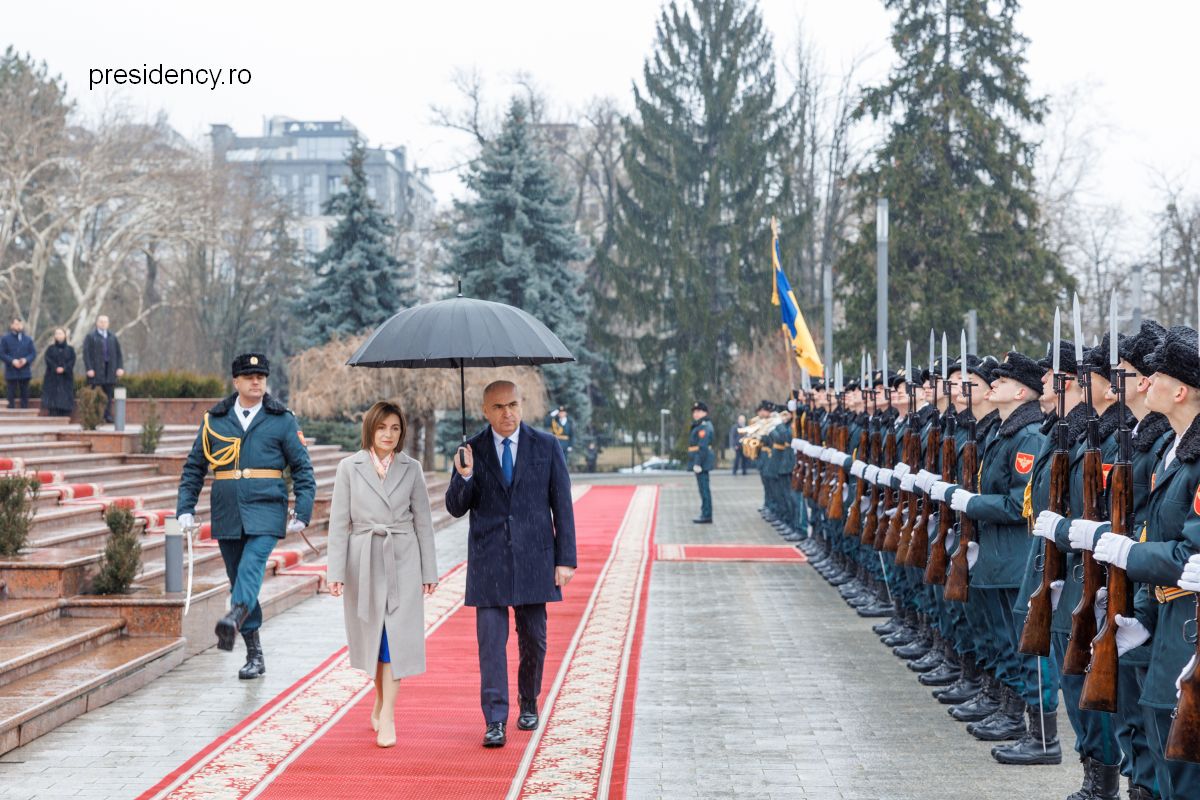The issue of Transdniester in Russian-US relations
The annexation of Crimea by the Russian Federation has fuelled concerns that Moscow may take the same action regarding other former Soviet countries with separatist regions. The situation in Transdniester has raised “concern”, said the US Deputy Secretary of State Victoria Nuland during her visit to Chisinau.
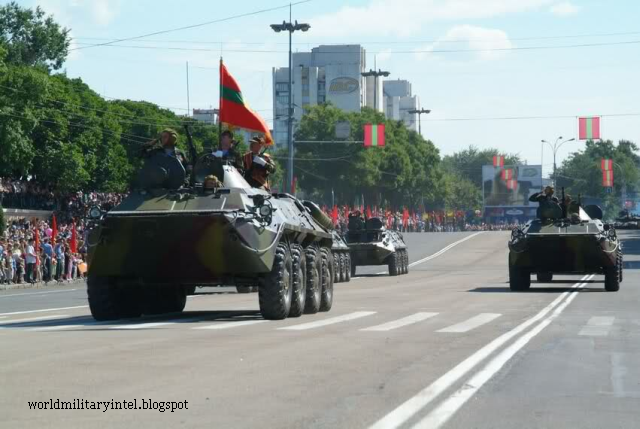
Valentin Țigău, 31.03.2014, 13:05
The annexation of Crimea by the Russian Federation has fuelled concerns that Moscow may take the same action regarding other former Soviet countries with separatist regions. The situation in Transdniester has raised “concern”, said the US Deputy Secretary of State Victoria Nuland during her visit to Chisinau.
Such concerns are grounded on the recent request made by the break-away region asking the Russian Parliament to pass a law to allow Transdniester to become part of the Russian Federation. In a 2006 referendum held in this region, the large majority of the local population voted in favour of a break with the Republic of Moldova and for the annexation to the Russian Federation.
Victoria Nuland said the United States would grant 10 million dollars to the Republic of Moldova in order to strengthen the security of its borders, especially its eastern border with Trandniester, where Russia has deployed several thousand soldiers. Moscow claims the troops are there to make sure the provisions of a 1994 peace treaty are observed. However, the OSCE and Moldova have repeatedly called for the full observance of the agreement and, more importantly, for the withdrawal of the Russian army from the region. Conversely, Moscow claims its western border with Moldova and its eastern border with Ukraine are blocked, which therefore restricts the freedom of movement of its citizens in the region.
Russian Foreign Minister Sergey Lavrov on Sunday had talks in Paris with his American counterpart John Kerry to discuss these issues against the backdrop of the latest developments in Ukraine. The Russian official told a press briefing that the two countries had agreed to make efforts towards achieving joint objectives, namely a special status for Transdniester within what he has termed a “united, sovereign and neutral Republic of Moldova”, ITAR-TASS reports. Minister Lavrov added he felt that his interlocutors understand Russia’s concerns.
The issue of Trandniester will be discussed again during the upcoming round of negotiations between Trandniester, Moldova, Ukraine and Russia, with the United States and the OSCE acting as observers.

